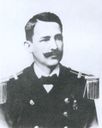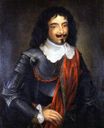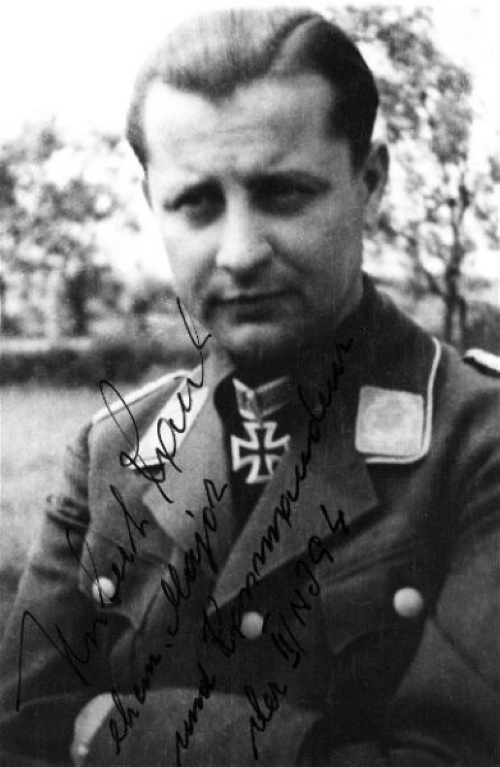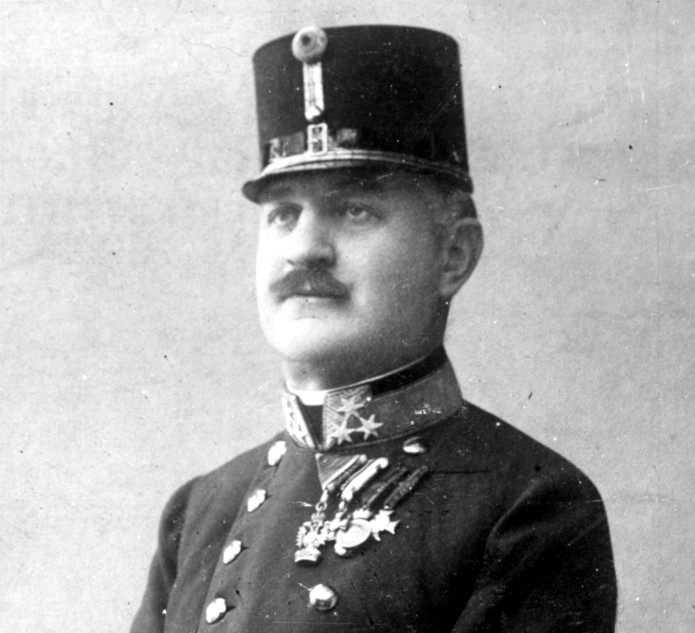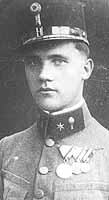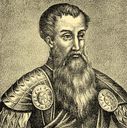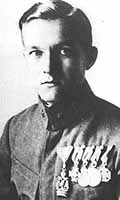
R


Anti-Habsburg uprisings in Hungary III. - Uprising of Juraj I. Rákóczi
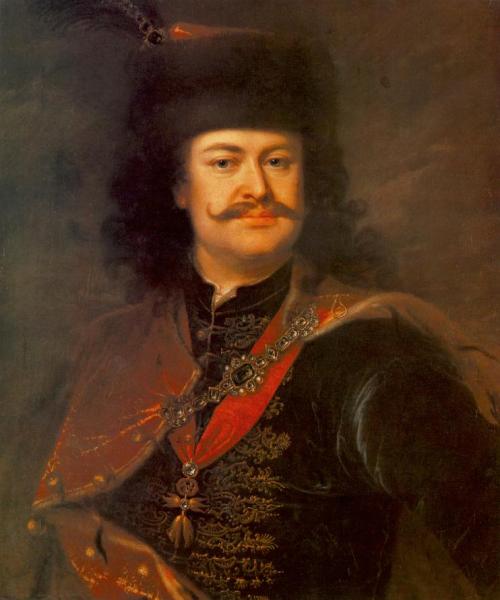
Anti-Habsburg uprisings in Hungary V. - Uprising of Francis II. Rákócziho
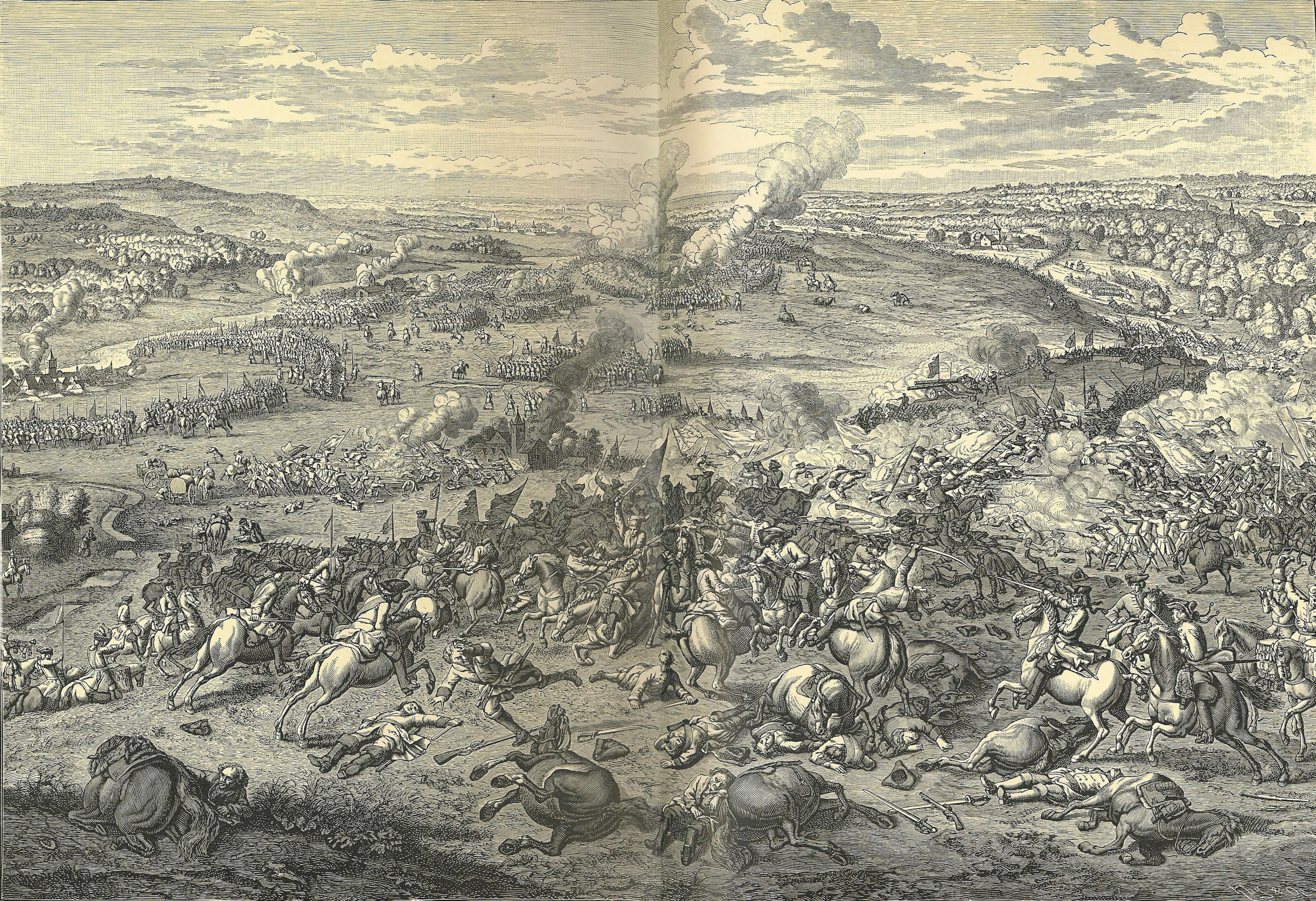
Battle of Blenheim 13.8.1704
The Battle of Höchstädt, better known in the English-speaking world as the Battle of Blenheim, is one of the most important battles of the War of the Spanish Succession. It took place on 13 August 1704, after the forces of the Franco-Bavarian alliance had, through their hesitation, missed both the opportunity to invade the hereditary lands of the Austrian Habsburgs and the chance to crush the various fighting formations of the anti-French coalition, allowing their enemies to unite. The battle ended in a crushing defeat for the French and the control of Bavaria by the anti-French coalition.
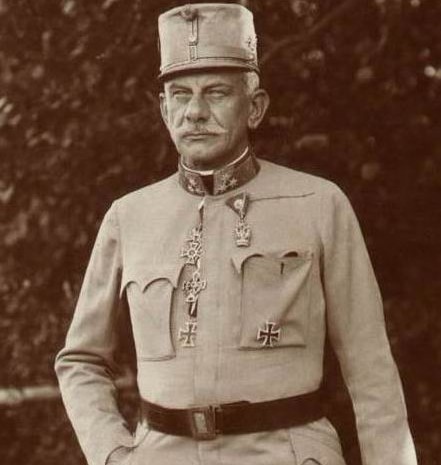
Colonel General Josef Freiherr Roth von Limanowa-Lapanów
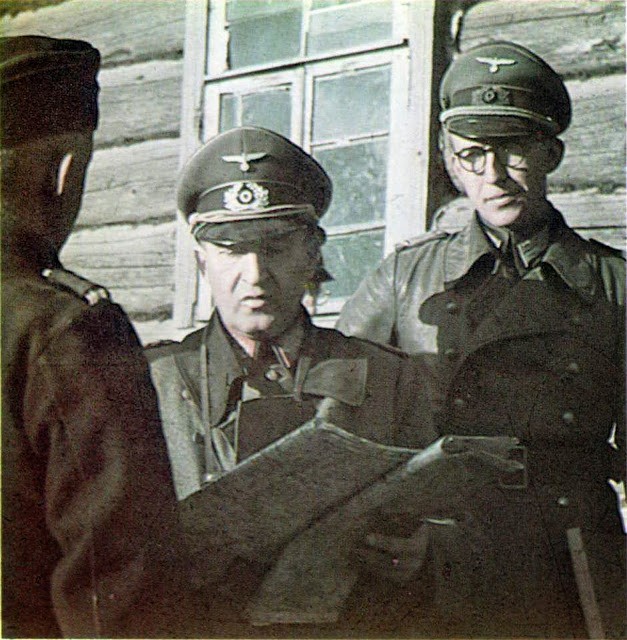
Erhard Raus
Correct assessment of the opponents... the courage to clear the field for a short time when you have only a small group in front of you, the energy put into sharp marches, the boldness in sudden attacks, the increased activity that great souls acquire in the moment of danger - these are the basis of such victories.
Join us
We believe that there are people with different interests and experiences who could contribute their knowledge and ideas. If you love military history and have experience in historical research, writing articles, editing text, moderating, creating images, graphics or videos, or simply have a desire to contribute to our unique system, you can join us and help us create content that will be interesting and beneficial to other readers.
Find out more
